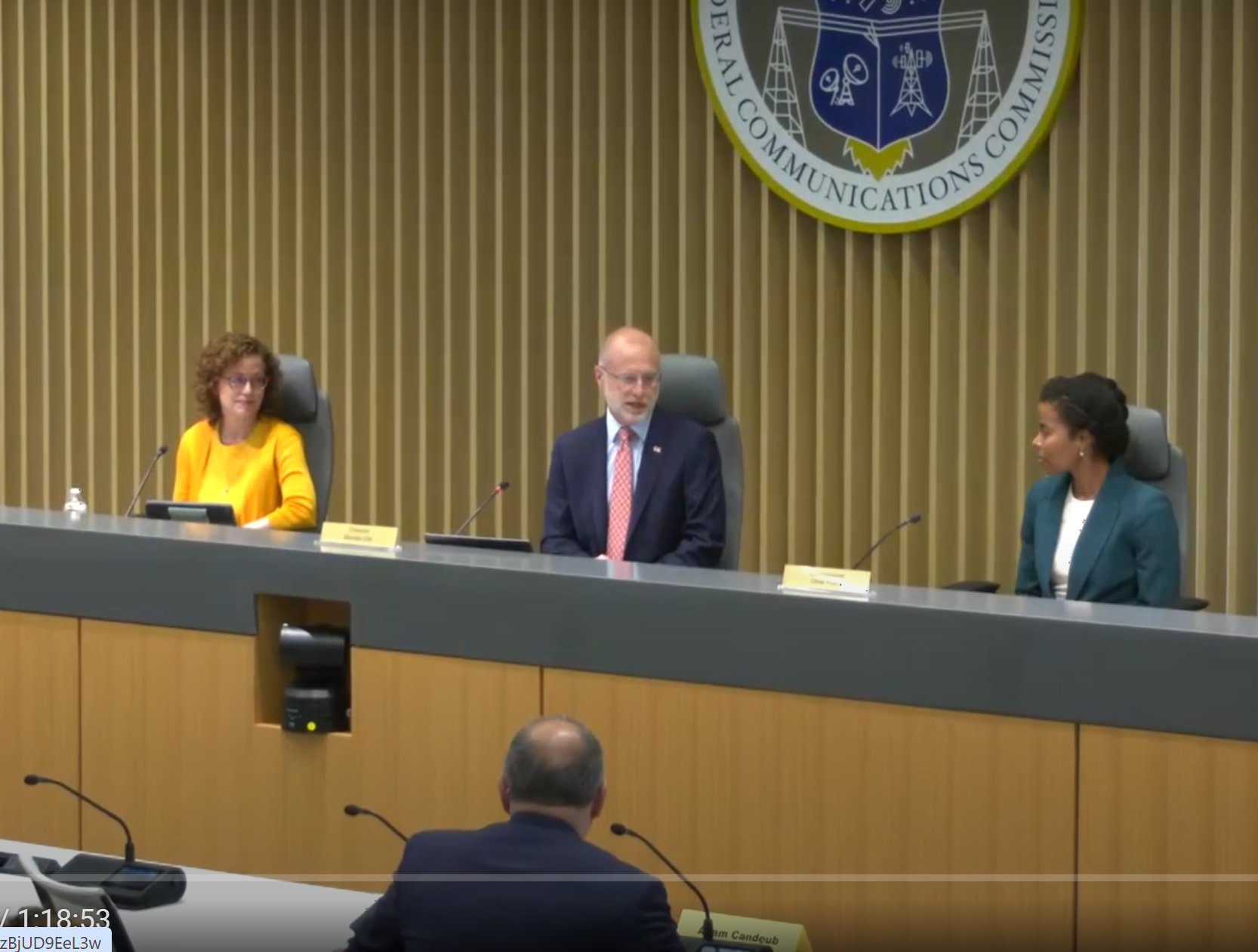Over-the-air DTV reception offers rescue to stranded viewers, says FCC advisory
The FCC has some advice for viewers caught in the middle of the game of chicken that pay TV providers and television broadcasters sometimes play when negotiating new retransmission agreements. At the top of the list: watch over-the-air TV.
The list of suggestions, part of an FCC Consumer Advisory released Dec. 30, 2010, offers consumers four recommendations for viewing a TV channel dropped from pay TV carriage due to failed retransmission consent negotiations. Watching the station over-the-air via an antenna and a DTV set and watching with an antenna and analog set with an intervening digital-to-analog converter box were the top two suggestions.
Other suggestions include subscribing to an alternate pay TV service provider and watching the station’s broadcast network content via the Internet. However, these approaches come with caveats, the advisory said. Choosing a different pay TV provider leaves viewers open to the risk of losing the desired channel or other broadcast channels when retransmission contracts expire with the alternate pay service, and watching broadcast network content online is often delayed after the original broadcast, the advisory said.
The advisory also alerted the public to loss of non-broadcast television programmers, such as ESPN and the Discovery Channel. “Sometimes, retransmission consent negotiations between broadcasters and pay TV service providers also involve the continued carriage of non-broadcast television programmers…,” it said. In that circumstance, the only alternative is to subscribe to an alternate pay TV service to continue receiving such content, it said.
While the consequences of a failed retransmission negotiation is disruptions to the viewers of the pay TV operator involved, the advisory pointed out that the inability to reach an accord is rare. “In almost all cases, agreement is reached and stations continue to be carried without interruption,” the advisory said. It also reminded consumers that retransmission agreements are private, but are subject to federal requirements that negotiations are done in good faith.
The professional video industry's #1 source for news, trends and product and tech information. Sign up below.
